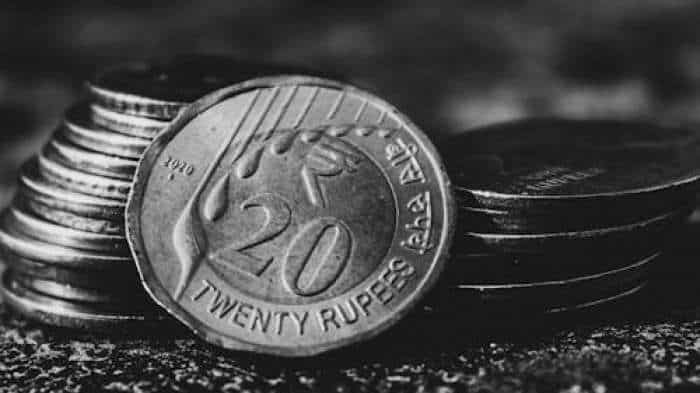Uttar Pradesh to get 100 biogas plants: Hardeep Puri
The recently inaugurated plant in Badaun, spanning 50 acres with a Rs 135 crore investment, is set to produce 14 tonnes of compressed biogas daily.
)
Hardeep Puri, the Union Petroleum and Natural Gas Minister, commended the initiation of eight new compressed biogas plants in Uttar Pradesh, highlighting the state's strong commitment to clean energy. Addressing an audience at Chief Minister Yogi Adityanath's residence, Puri noted that while the country had set clear targets, Uttar Pradesh aimed even higher with a commitment to establish 100 biogas plants, in contrast to the sanctioned/inaugurated 37 plants.
The recently inaugurated plant in Badaun, spanning 50 acres with a Rs 135 crore investment, is set to produce 14 tonnes of compressed biogas daily. Beyond the incentives provided by the Union government, the state offers grants of up to Rs 20 crore under its bio-energy policy, along with low lease rents and electricity subsidies. Recognizing the limited availability of agricultural residue, the state government grants support for the optimal collection of residue through machinery.
Puri emphasized the importance of transitioning to biofuels, especially given the environmental hazards associated with burning agricultural residue and India's substantial petroleum consumption of 5 million barrels per day. The state of Uttar Pradesh has implemented the State BioEnergy Promotion Programme—2018, offering additional benefits such as 100% reimbursement of state GST for 10 years and complete exemption in stamp duty on land purchases for bio-energy enterprises.
Chief Minister Adityanath reiterated his government's commitment to realizing the Prime Minister's 'waste to energy' vision. He emphasized the multifaceted benefits, including addressing pollution concerns, augmenting farmers' income by purchasing agricultural residue, creating employment opportunities, and attracting investments.
Uttar Pradesh's policy further focuses on developing alternative feedstock for bio-energy plants, encouraging the cultivation of non-edible oil seeds like karanj, neem, castor, and jatropha. Planting small rotation crops such as jowar and energy grass aims to provide additional feedstock for bio-energy production, with a focus on involving farmer-producer companies or rural entrepreneurs in the plantation and production process on barren and infertile lands.
(With inputs from PTI)
Get Latest Business News, Stock Market Updates and Videos; Check your tax outgo through Income Tax Calculator and save money through our Personal Finance coverage. Check Business Breaking News Live on Zee Business Twitter and Facebook. Subscribe on YouTube.
RECOMMENDED STORIES

Power of Compounding: How can you create Rs 5 crore, 6 crore, 7 crore corpuses if your monthly salary is Rs 20,000?

Power of Rs 3,000 SIP: In how many years, Rs 3,000 monthly investment can generate corpuses of Rs 2 crore and Rs 3 crore? Know here

Latest SBI Senior Citizen FD Rates: How much senior citizens can get on investments of Rs 5,55,555, Rs 7,77,777, and Rs 9,99,999 in Amrit Vrishti, 1-, 3-, and 5-year FDs

Rs 1,000 Monthly SIP for 40 Years vs Rs 10,000 Monthly SIP for 20 Years: Which can give you higher corpus in long term? Calculations inside

Top 7 ETFs With Highest Returns in 1 Year: No. 1 ETF has turned Rs 8,78,787 investment into Rs 13,95,091; know how others have fared
06:01 PM IST








 India as world's 4th largest refiner moves towards energy self-sufficiency: Petroleum Minister
India as world's 4th largest refiner moves towards energy self-sufficiency: Petroleum Minister  India only country where petrol, diesel prices declined in last 3 years: Hardeep Singh Puri
India only country where petrol, diesel prices declined in last 3 years: Hardeep Singh Puri India's GDP is $3.95 trillion, says Union Minister Hardeep Singh Puri
India's GDP is $3.95 trillion, says Union Minister Hardeep Singh Puri Hardeep Puri inaugurates ONGC Digital Corporate Visualisation Centre
Hardeep Puri inaugurates ONGC Digital Corporate Visualisation Centre India could be $5 trillion economy by 2025, says Union Petroleum Minister Hardeep Puri
India could be $5 trillion economy by 2025, says Union Petroleum Minister Hardeep Puri